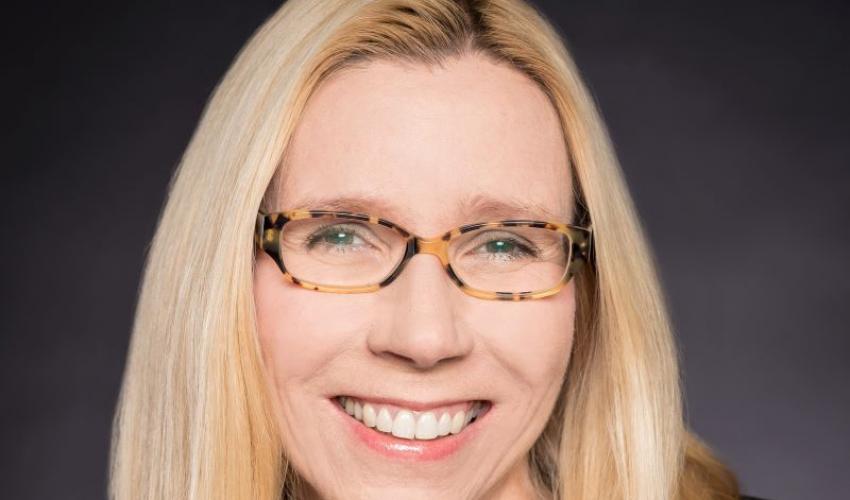
The CEO's network dilemma
MANAGERIAL DECISION MAKING IS OFTEN PLAGUED BY A LACK OF LONGTERM PLANNING AND, MORE GENERALLY, BY A DISREGARD OF THE FUTURE. RECENT RESEARCH SHOWS THAT THIS OFTEN DEPENDS ON CLOSED MANAGERIAL NETWORKS THAT LEAD TO TEMPORAL MYOPIAby Sonja Opper, full professor at Department of management technology
Who does not cherish the gathering of good and close friends, maybe over a hearty meal and good wine? Old stories are shared, joint experience relived, familiar jokes and banter exchanged, absent friends are recalled. Time is flying and ‘tomorrow’ is a distant thought. It is a safe and happy place to be surrounded by trusted, long-term friends.
What is an enriching experience in one’s personal life can be a career-limiting pathology in a manager’s professional life. Managers who routinely surround themselves with a circle of deeply connected advisors to solicit ideas and guidance on critical company matters feel safe—just like our group of friends sharing a good meal. They will also perceive a sense of social support from their advisors. Yet, an advisory network staffed exclusively with familiar and mutually connected contacts encourages a neglect of the future. Gradually, temporal myopia—a tendency to focus on today and ignore the long run—begins to threaten a manager’s attention to effective long-term plans.
The underlying mechanism is simple: With information diversity being at the heart of strategic planning, company strategies hinge on the advice and opinions discussed in the C-suite. Comparing two CEOs with the same number of advisors, the breadth and quality of advice will depend on the social structure within each advisory team. The more closed a CEO’s network—that is, the more strongly connected its members—the lower information diversity, the lower the probability of productive disagreement and discussion, and the quicker discussion converges on familiar solutions. The more open the CEO’s advisory network—the more contacts are drawn from different groups or only weakly connected across groups—the more diverse the information raised, the wider the range of options discussed.
A study of 700 Chinese CEOs and their respective social networks illustrates the corrosive effect of closed networks on business strategy. Managers with relatively closed networks are less likely to introduce long-run plans and tend to sign short-term rather than long-term contracts with critical technology and managerial staff. They even shy away from human capital development. Their lack of attention to the long-run is consistent with a false sense of security. Whereas managers with relatively open networks are aware of future threats and market risks, CEOs in closed networks believe their product to be uncontested, so price elasticity to be low. In short, they run their company as if the future were just an endless extrapolation of the present.
It is true, even managers with closed networks occasionally introduce long-term plans. Some mimic the behavior of local industry leaders, others follow serendipitous advice they find outside of their core network, and others simply implement what they have learned in educational programs. The same study, however, finds significant qualitative differences. Long-term strategies formed by CEOs embedded in closed advisory structures tend to be economically less successful than strategies formed in open networks, a finding that reinforces the value of information heterogeneity for successful planning.
The study’s conclusion is straight forward: Temporal myopia and lack of foresight in strategic planning are not simply managerial preferences or responses to institutional constraints. Temporal myopia is a learned pathology rooted in an advisory network too closed and too homogenous to allow its members to ‘see’ the future. On the bright side, such pathology can be cured easily. This does not require letting go existing advisors. The addition of new advisors beyond the usual group broadens and opens up existing social structures, brings information diversity, and invites critical discourse needed to break up myopic tendencies.
